As advised by MonkeyZeus, you need to take a step back and rethink your schema.
You want to have multiple rows (replies) that are linked together by a single ID (the ticket number).
You definitely want this ID to be the ID of a row in another table.
So you should have two tables:
- one for
tickets
- another for
replies
The first one will be able to hold data that is ticket-specific, including the state of the ticket (open, closed...), who it is assigned to (the id of the user), who created the ticket (again, an id), and possibly when it was opened and closed (though this could be inferred through other means).
The second one will hold data specific to each entry in your ticket (the initial message, and subsequent replies going back and forth).
You may also have other tables (or it could be the same as replies) for other types of actions (ticket status changed, sub-ticket created, etc.).
tickets will have a unique ID which you can use as is as the ticket number (probably with some sort of prefix, possibly reformatted somehow).
replies will have a unique ID (which will be useful when you want to attach files to the reply, or edit it) as well as the ID of the ticket it is associated with.
Let Mysql create IDs. Use you favorite language's API to get the ID of the last inserted row.
- DO NOT increment IDs client-side based on the max id returned by the server. Race condition looms.
- DO NOT use IDs that are generated client-side and are not guaranteed to be unique
